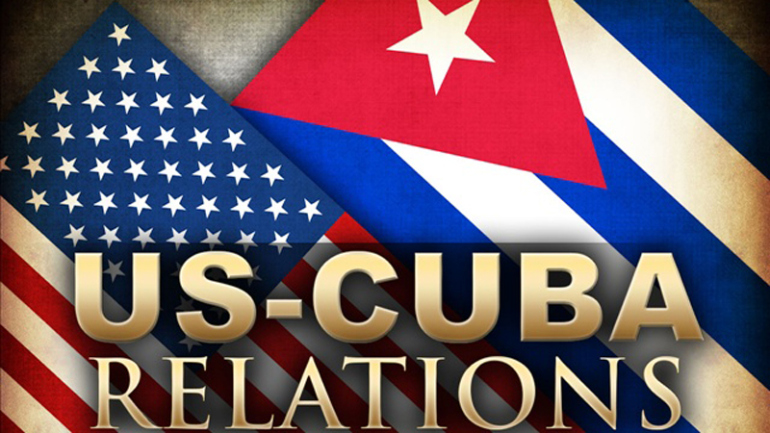
An open letter to the president of the United States
Mr. President:
I write as a U.S. citizen born in Cuba. Three considerations move me to propose that you rethink US policies towards the neighboring island and return to a model of constructive talks between the two countries.
People’s hardships. It is quite evident that those who pay the price for a policy of pressure towards the island are ‘ordinary Cubans.’ They are the ones that without the American travelers have less of a chance to rents their rooms, serve meals in their make-shift restaurants, offer transportation services, receive tips and sell their arts and crafts and music. Let us reinforce, not weaken, Cuba’s private sector.
It has been said that the flow of money to Cuba should be limited because it is used by the government to increase its repressive capacity. This argument is unconvincing. The first and most important direct beneficiaries of the dollars that enter the country (via goods, services or remittances) are ordinary citizens who then manage to put more food on the family table, and not the pockets of the military. The same happens with American tourist dollars in China, Vietnam, Egypt, Turkey, the Philippines, Nigeria and other countries accused of serious human rights violations. And because we correctly think first of the direct beneficiaries of those dollars is that we do not restrict the movement of people and goods to those countries. Nor should we harm the millions who try to work in Cuba.
Allies against the Embargo. As voting at the United Nations attests, the embargo is overwhelmingly rejected annually by our closest allies: England, Canada, the European Union, Saudi Arabia, Australia, India, Japan and Mexico. To this group are added the voices of the last three Popes and of the Conference of North American Catholic Bishops. Don’t they deserve our attention?
I am not saying that the embargo is the cause of the Cuban problems. This is, in the first place, the result of terrible internal decisions. But the restrictive US policies increase the hardships and sufferings of the Cuban people who find themselves between a rock and a hard place. Literally.
Less emigration. As the economic situation in Cuba worsens, the greater incentive to emigrate will Cubans have. This departure of citizens is not beneficial for the future of the island, which will need all the available talent to be able to develop a more open, inclusive, agile and prosperous political, economic and social system.
Mr. president. Maintaining or increasing pressure on Cuba has not only been ineffective, but has also created deep unrest among those trying to survive there. Let’s give Dialogue a chance. Thank you for your consideration.
Emilio Cueto is a lawyer. He resides in Washington, D.C.

